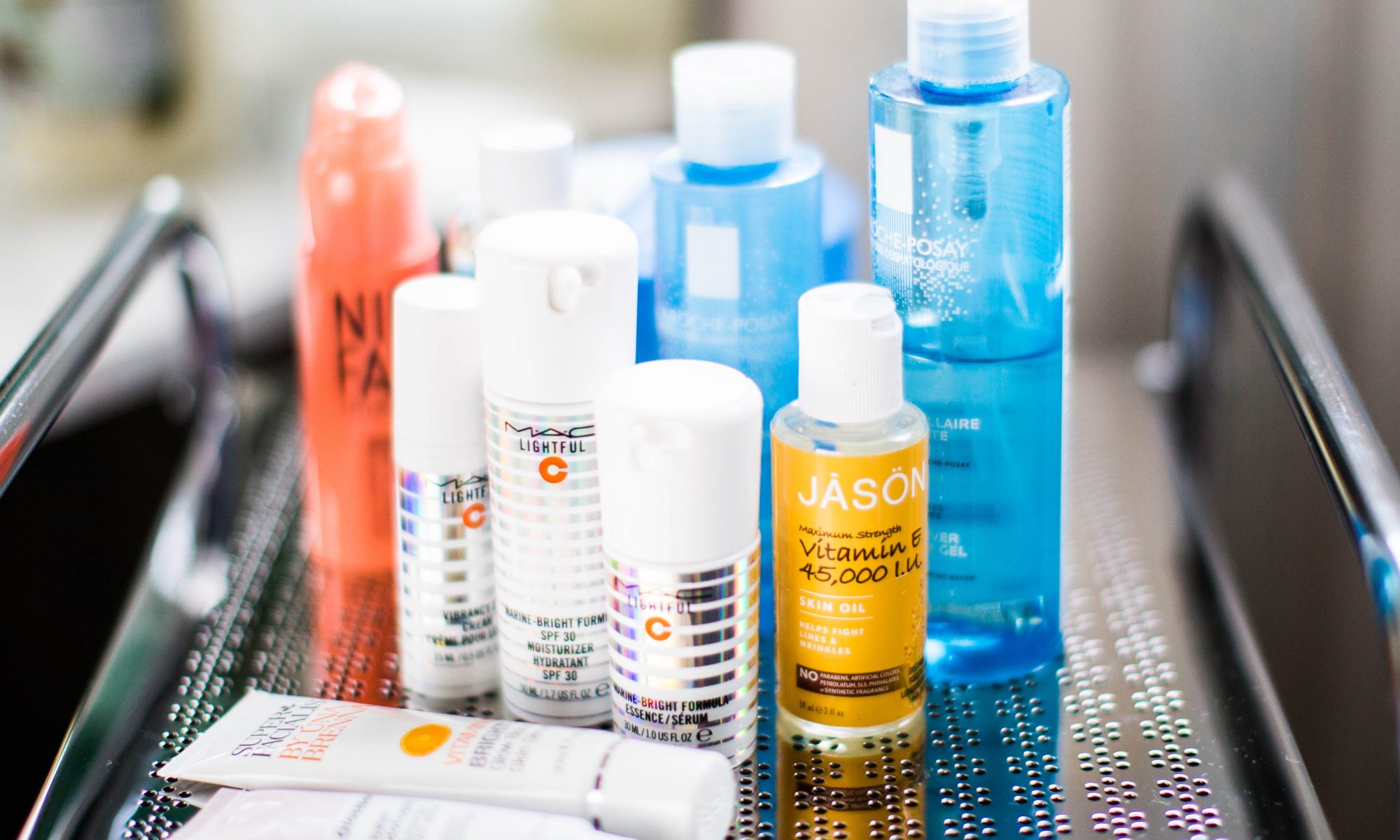
Dermatology thought leader Hilary Baldwin, MD helps us make sense of cosmeceuticals by sharing her approach to them, including how to define them and evaluate their utility.
On a funny note, Dr. Baldwin confesses being a skeptic and a hypocrite when it comes to cosmeceuticals. She remains skeptical about some of the science but at the same time uses 5 cosmeceutical products herself. We love her honesty!
What is a cosmeceutical?
The term was accredited to Albert Kilgman in 1984 as the ill-defined realm between cosmetics and prescription skincare products. Like a cosmetic, it is topically applied; like a drug, it contains ingredients that influence biologic functioning of the skin.
Different meaning to different groups
Fortunately for the FDA, they have no comment (and we would prefer to keep it that way!). Cosmetic companies consider them to be well-studied actives with proven efficacy. For most dermatologists, they are not well studied, they have some data behind them and are products that may or may not live up to claims (some of which are quite grandiose!). Cosmeticdermatologists on the other hand, feel a little bit different and think these are products that may alter wound healing and may prolong the effects of cosmetic procedures. Patients, however, consider cosmeceuticals to be miracle cures, which Dr. Baldwin believes is the problem and where a disconnect exists. In the quest for medical cures, we don’t want patients to be dissatisfied and frustrated…and poor. It is unlikely that topicals, or at least a single topical, can fully address the complex process and major issues that causes the aging appearance, such as:
- Pervasive cumulative sun damage
- Loss of hormones (particularly estrogens)
- Cell senescence
- Fat depletion
- Damage to DNA
- Repetitive muscle movement
- Genetics
- Gravity
Dr. Baldwin notes that when patients come into the office, they have a couple of specific requests: “Do I need a face lift yet?”, “What can you do to fix my face?”. Sometimes they even ask if there is some magic cream they can put on their face to make them look less tired. Dr. Baldwin suggests to her patients to think of their face as an old couch in their living room that they no longer care for. Do they no longer care for it because it is sagging and actually has structural abnormalities, or do they not like it because the slipcovers are torn and stained? When we talk about cosmeceuticals, what we are talking about is slipcover repair, we are not talking about sagging skin because cosmeceuticals may be able to handle the drying on the sofa but they are not going to help with the sagging of the sofa.
Why do dermatologists need to be well-informed?
The average U.S. woman uses 15 different cosmetic products each day. If you figure that each of them contains 10-50 ingredients, the average woman is putting an awful lot of chemicals on her face every day, and it should be something that actually works, is safe, and non-irritating.
The truth is that patients dolike to use cosmeceuticals as feel they are doing something for themselves. Cosmeceuticals can make retinoids more tolerable and effective and can prolong or improve the results of cosmetic procedures.
Dr. Baldwin believes it is the job of dermatologists to help patients make reasonable choices and manage their expectations. How often does a patient come to you with a bunch of pieces of papers from magazines and newspapers and ask you about all these miracle cures? Or bring you a before and after picture saying, “Look at how much better she looks in the after picture” which is clearly a photographic cure, or perhapsthere is actually a cure there, but we can make no judgements based on these photographs which are just rampantin the magazines patients are looking at.
The fear of wrinkles, coupled with the fear of procedures, make some of Dr. Baldwin’s patients say that “they are looking for something better than Botox”. But is there a topical that is superior to fillers and neuromodulating agents? The magazines say there is…so it must be true, and then we have “friends” in the media who tell us every day there are products out there, one on Monday, a completely different one on Tuesday, yet a different one on Wednesday that will be life changing.
